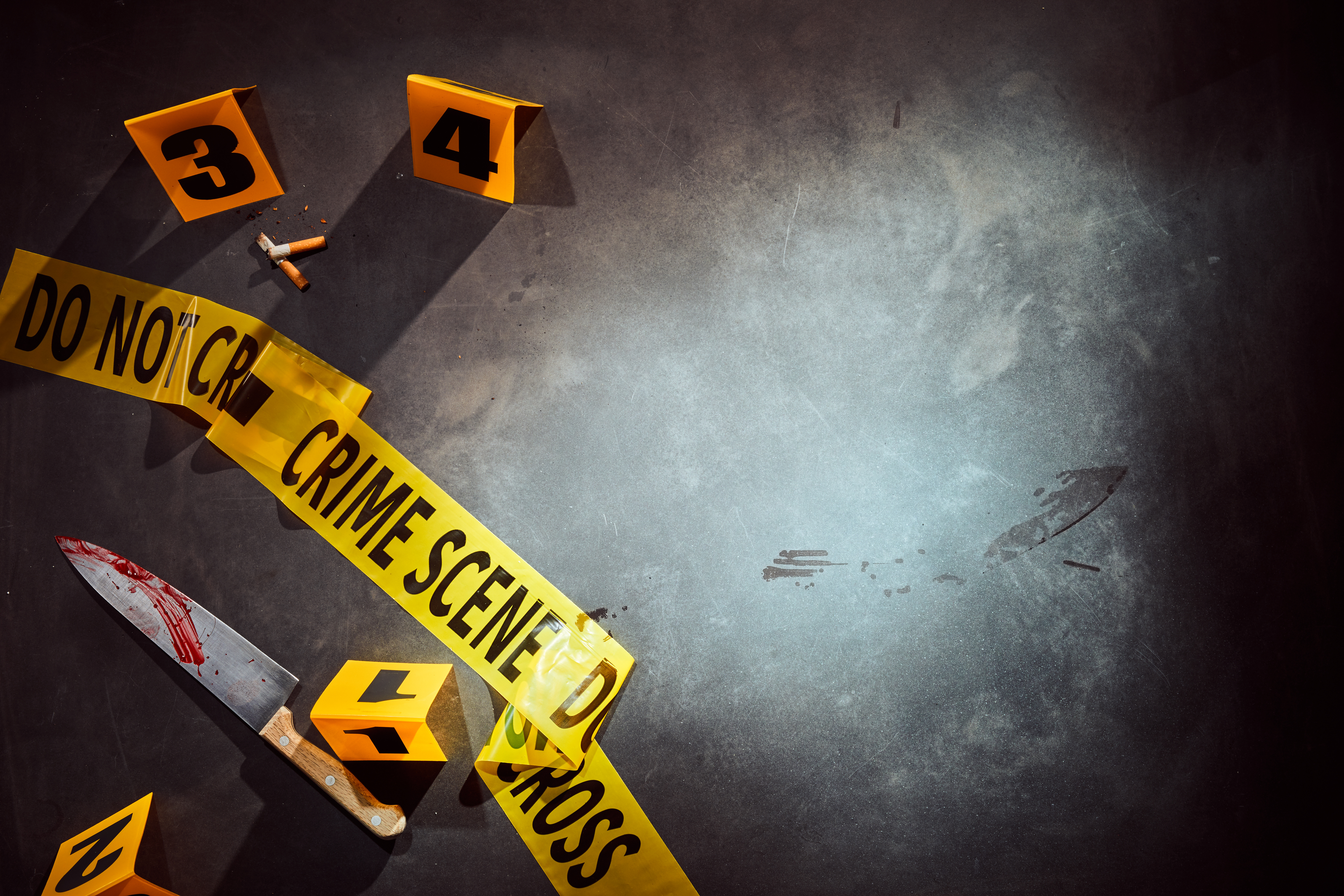
A Day in the Life of a Crime Scene Photographer
By Marcus T.. Jul 25, 2024
Crime scene photographers, a specialized type of forensic science technician, play a crucial role in the criminal justice system. Their expertise in documenting crime scenes significantly contributes to identifying and apprehending suspects, and prosecuting defendants.
The Role of a Crime Scene Photographer
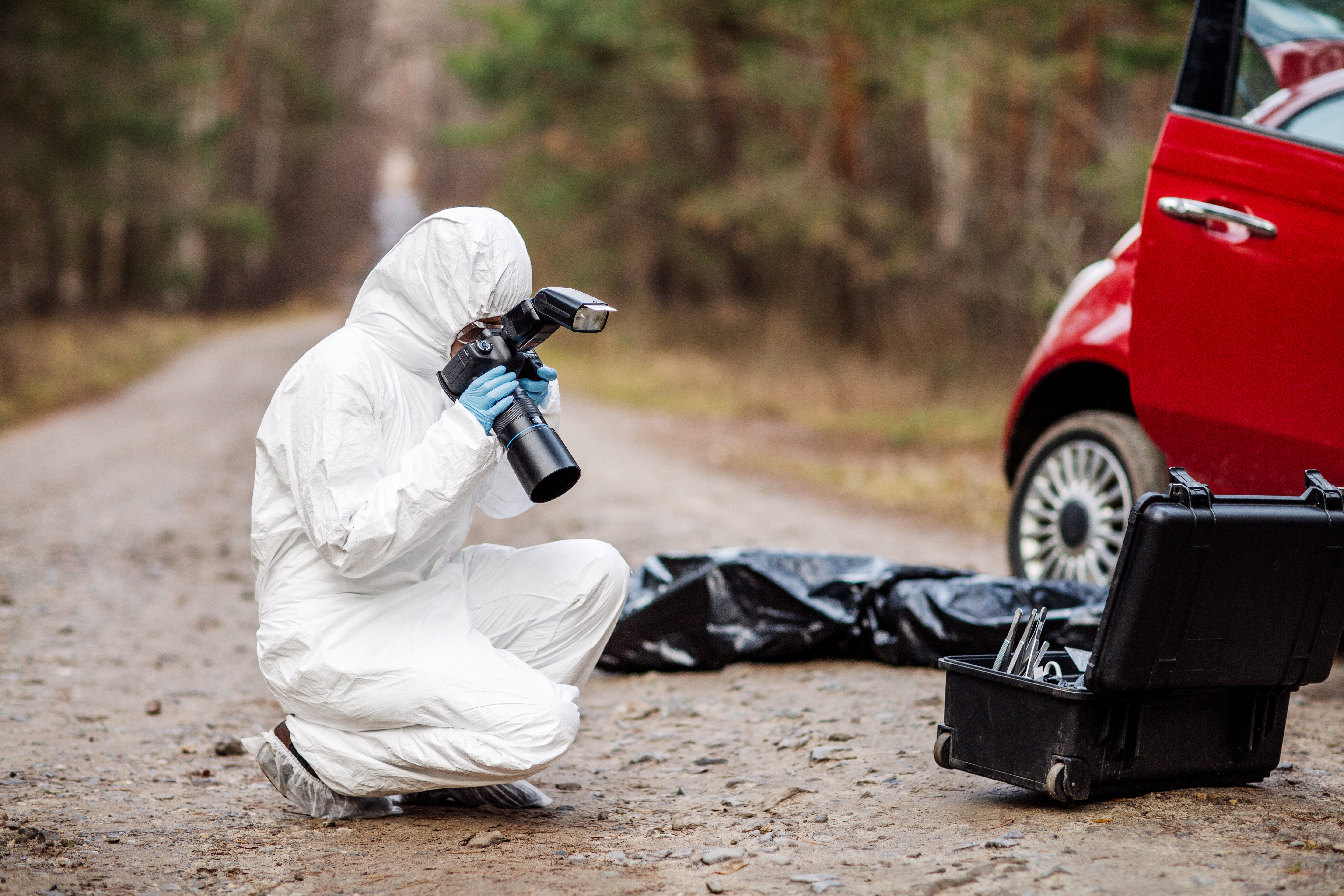
These photographers follow a meticulous process, beginning with a walk-through to understand the scene and decide the best way to capture it. Their photography includes wide-angle, mid-range, and close-up shots, ensuring proper context and scale of evidence.
Technical Skills and Measurement
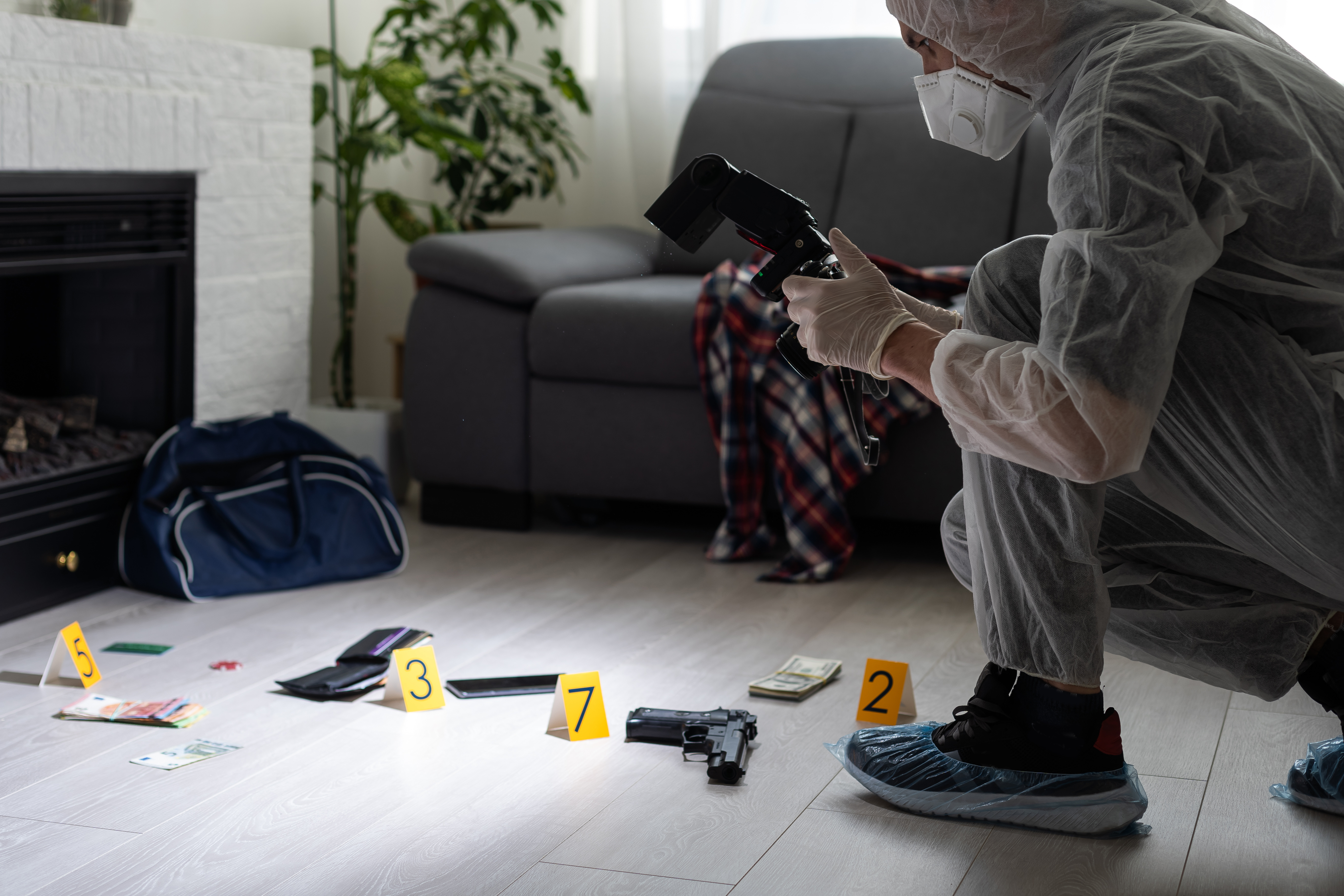
In addition to photography, they often perform hand-drawn crime scene sketches, integrating measurements for a comprehensive documentation.
Educational Pathway

Aspiring crime scene photographers benefit from a solid STEM education, alongside courses in photography. A forensic science degree, encompassing forensic photography and crime scene reconstruction, is generally preferable for in-depth crime scene knowledge.
Employment Opportunities
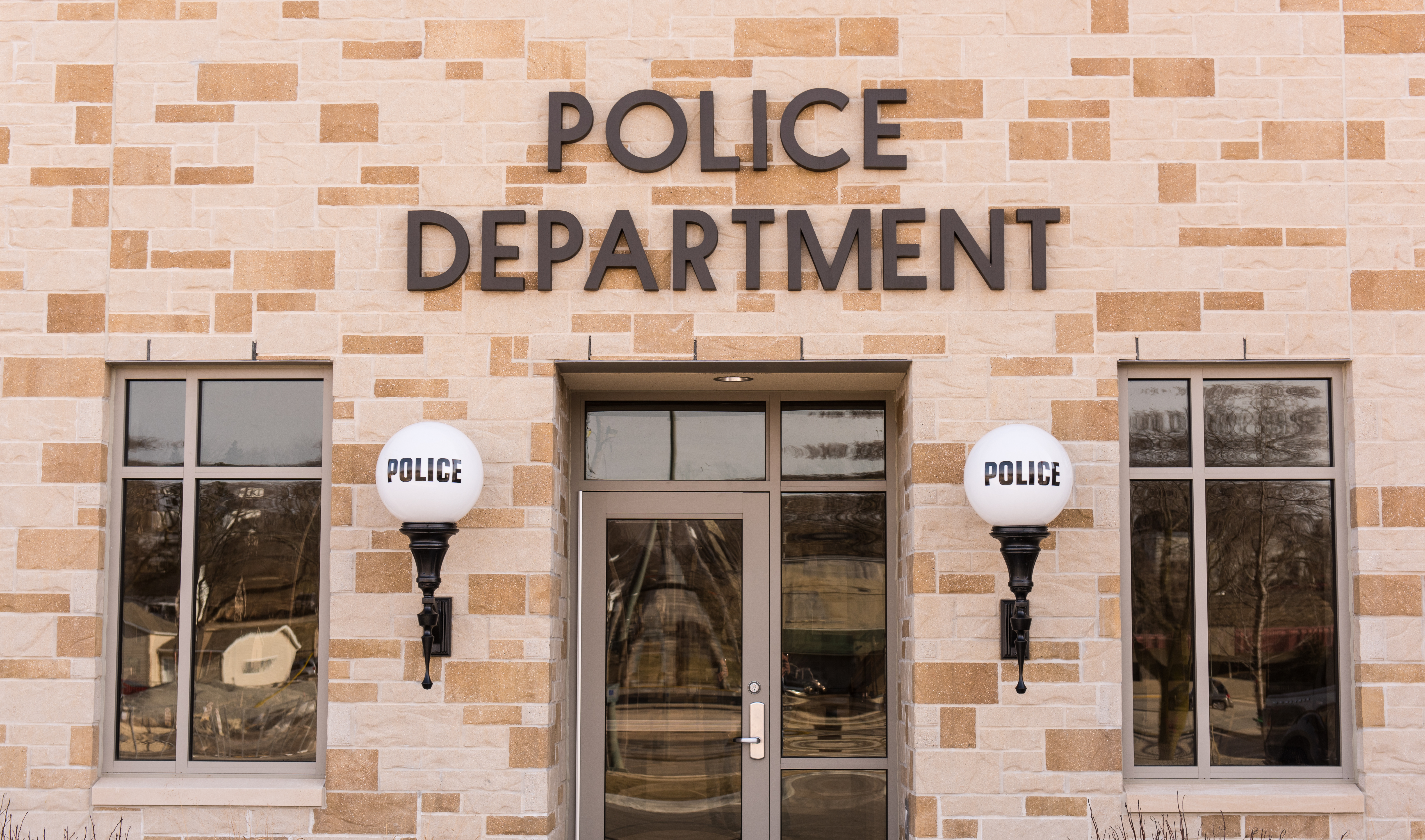
Opportunities exist within police departments, state crime laboratories, and federal law enforcement agencies. Private sector opportunities also abound, with attorneys and insurance companies often employing these professionals.
Certification and Skills Enhancement

Earning a voluntary certification from organizations like the International Association for Identification enhances employability and skills. This requires work experience and passing a forensic photography exam.
Essential Skills and Characteristics

These photographers need to be adept in various photographic processes, able to work in challenging conditions, and knowledgeable in law enforcement. Attention to detail, critical thinking, communication skills, and flexibility are key traits for success in this field.
The role of a crime scene photographer is both challenging and indispensable in the realm of criminal justice. These skilled professionals combine their expertise in photography with a deep understanding of forensic science to meticulously document evidence vital for solving crimes. Continuing to adapt with evolving technologies and methods, crime scene photographers remain a critical link in the investigative and legal process, ensuring that no detail is overlooked in the quest to uncover the truth.
Reference: What Does a Forensic Photographer Do?
Trending

Earn Massive Cash Back With This Card
Sponsored
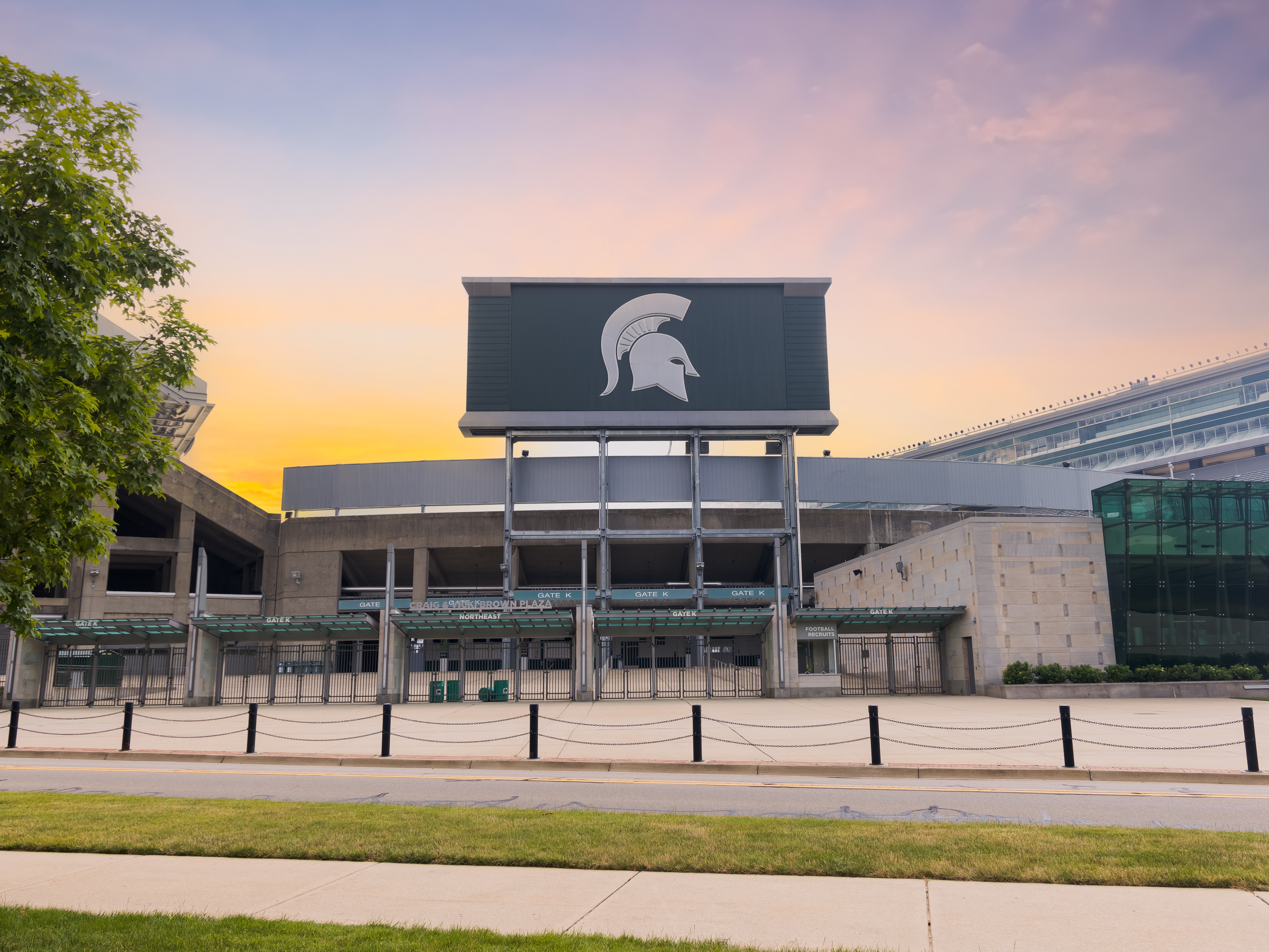
Michigan Football Coach Arrested After Firing
Emmanuel Tredway
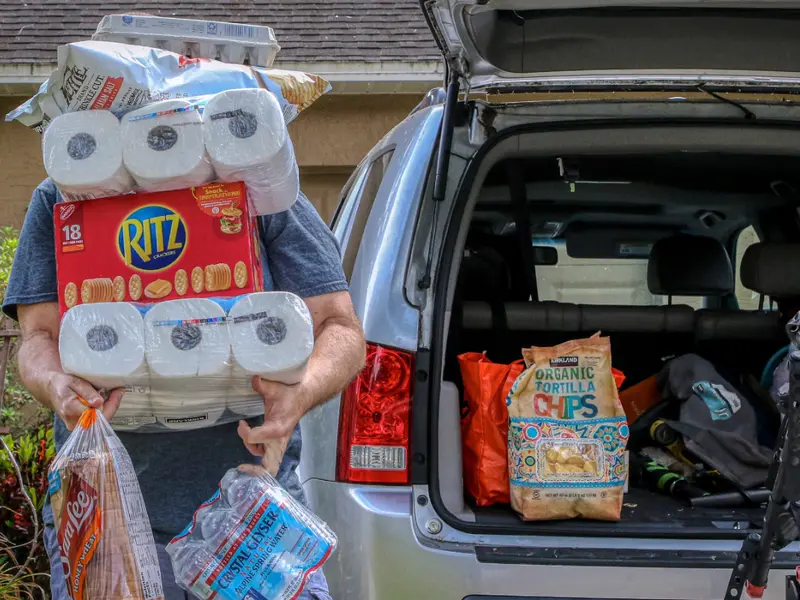
The Dumb Money Mistake You’re Probably Still Making
Sponsored
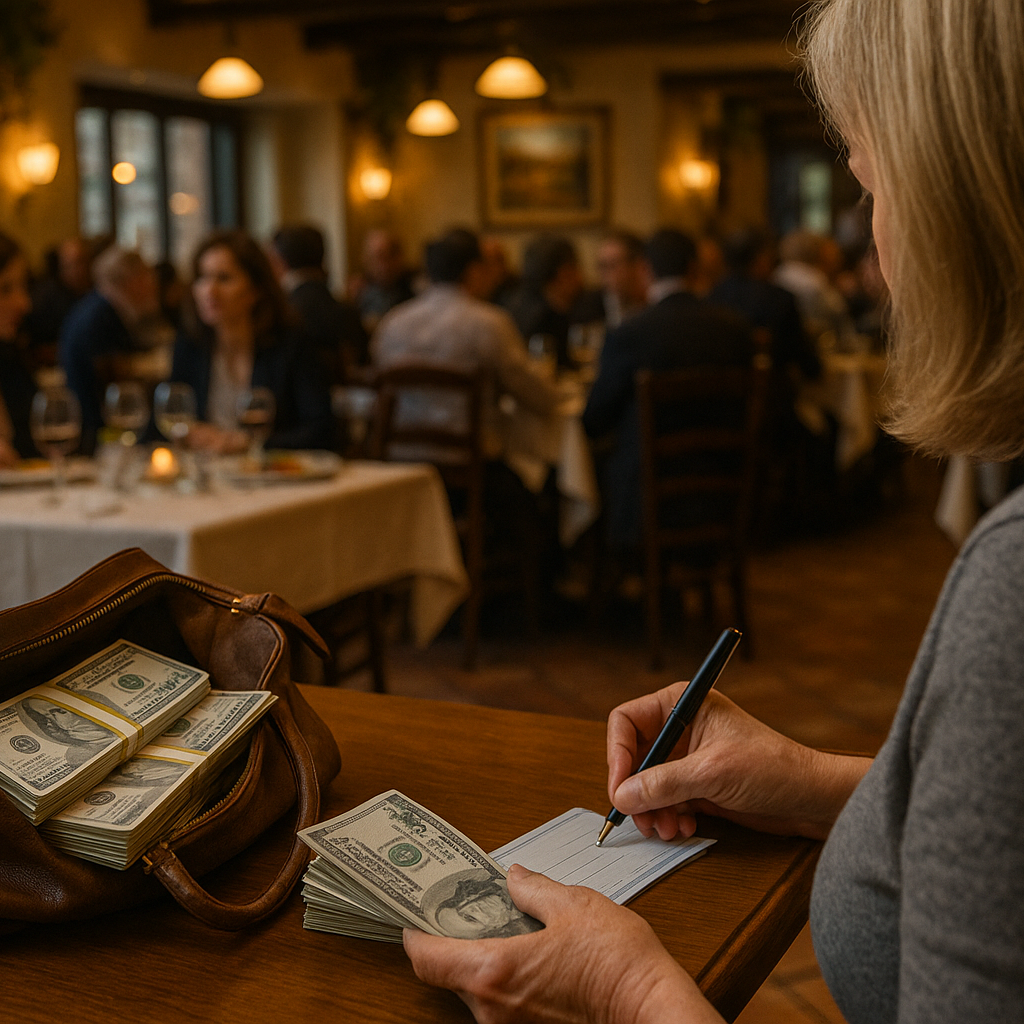
Inside Job at Rosanna Scotto's Restaurant: $2.5M Vanishes
Jessie Stone

These 14 Benefits Could Save Seniors Thousands
Sponsored
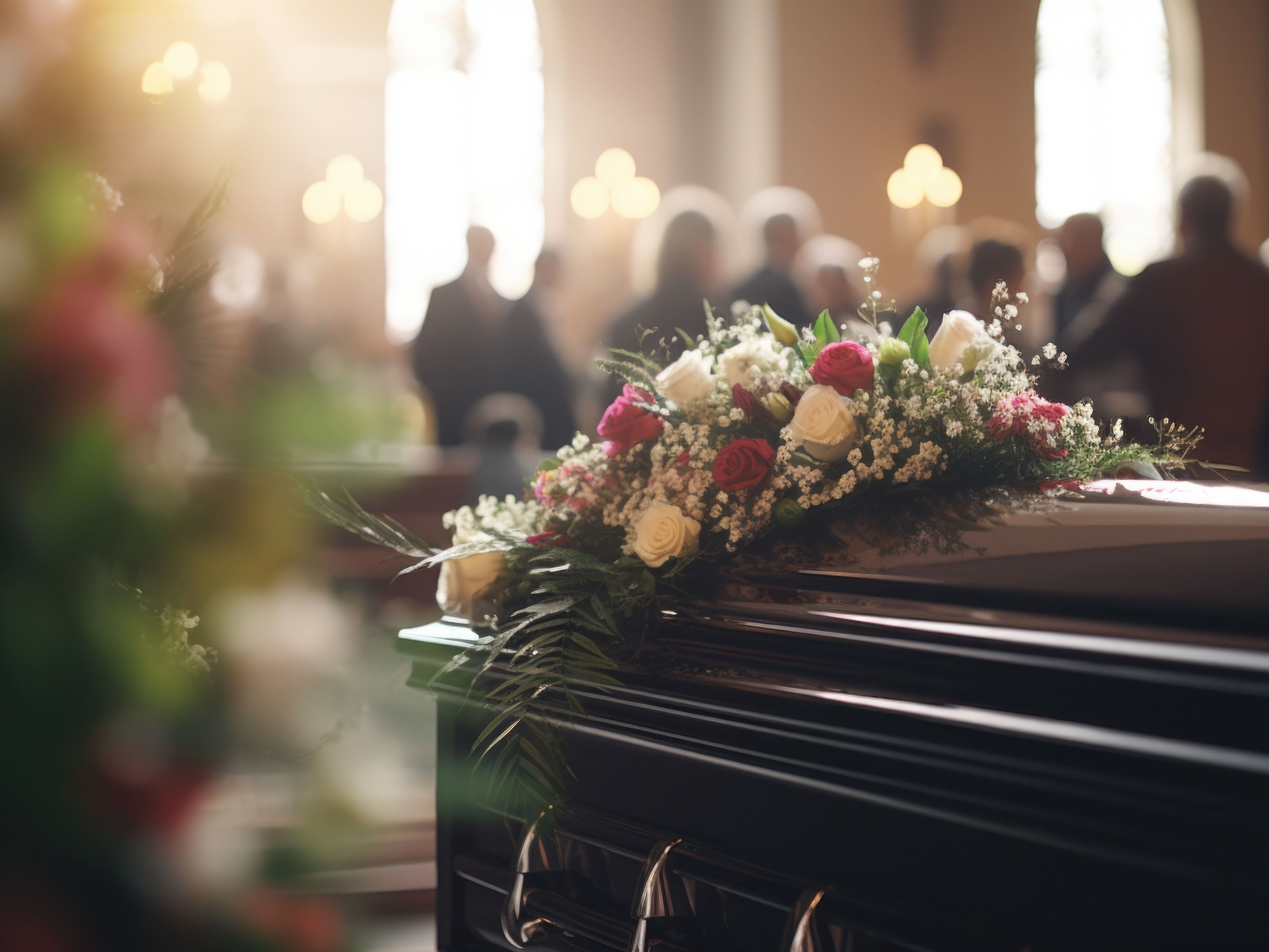
Adult Star Dead at 27 After 'Hard Year'
Nikki Thrace

Husband Charged in Murder of Ex-Miss Switzerland Finalist
Nikki Thrace
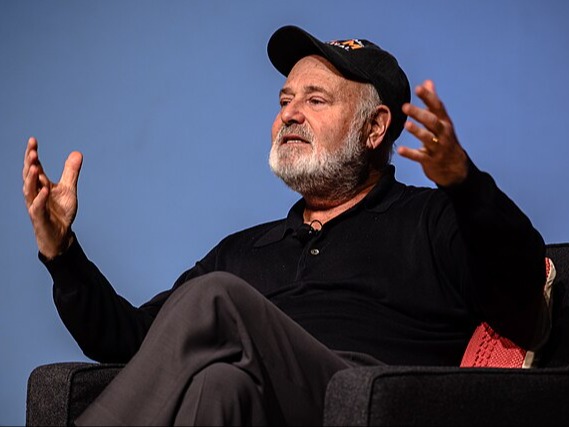
Rob Reiner and Wife Killed, Son Booked for Murder
Jessie Stone

Houston Attorney Killed Over Filet-O-Fish
Nikki Thrace

Melissa Bourassa Wins $12,000 Jackpot After Beating Cancer
Jessie Stone
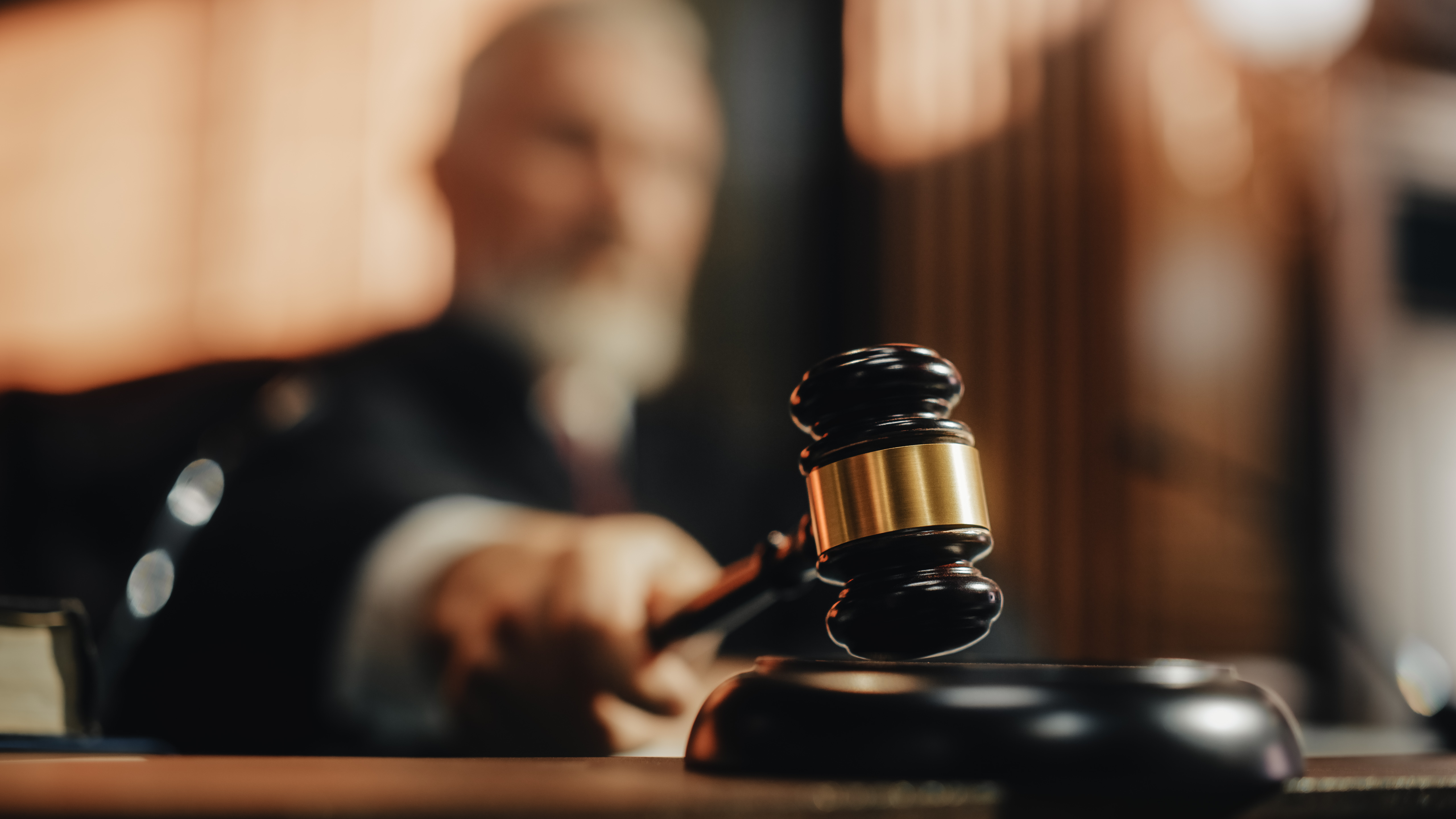
Groom Accepts $160K Settlement After Bride's Tragic DUI Crash
Jessie Stone
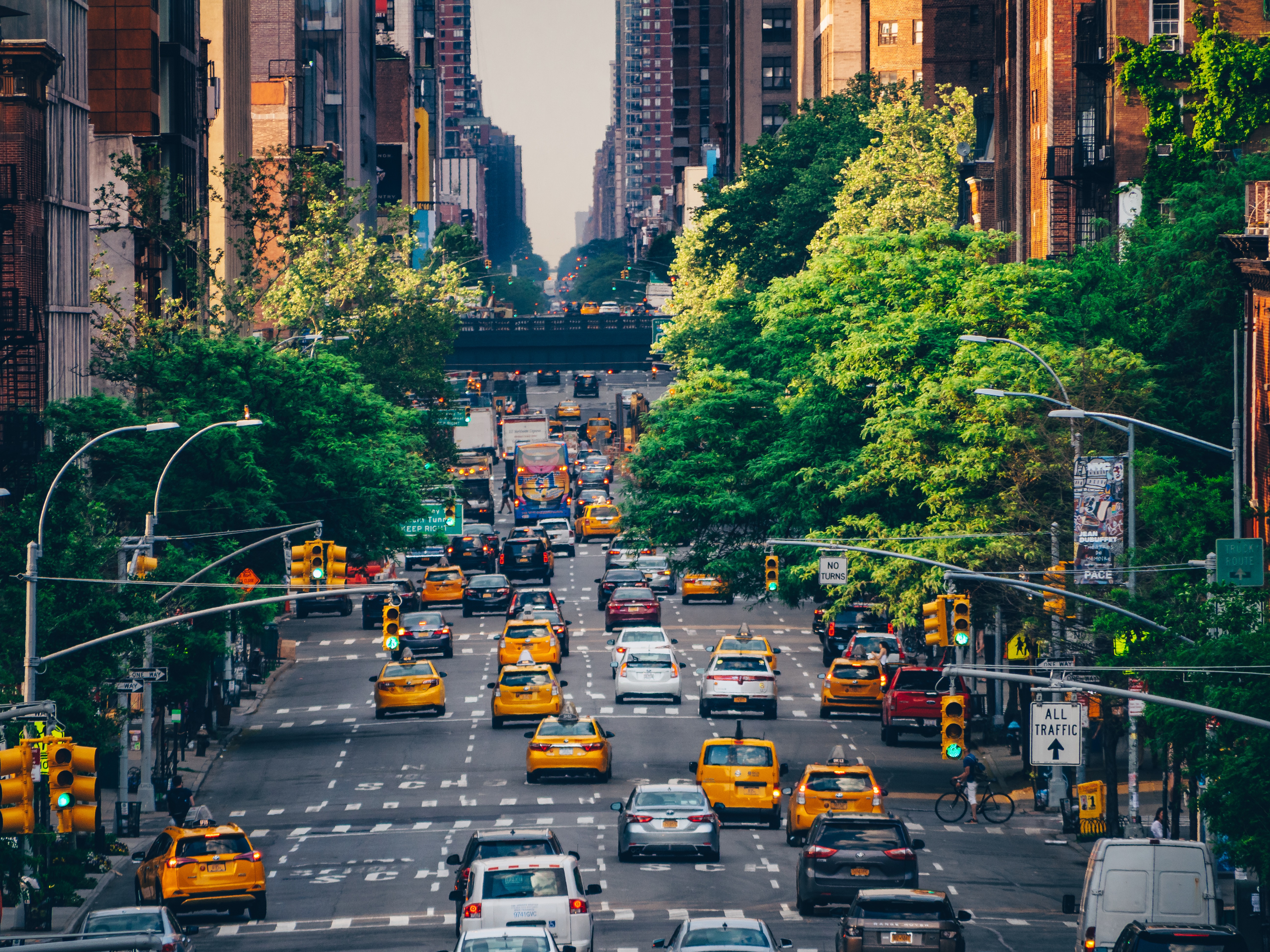
Hero NYPD Detective Saves Choking Baby in Rush-Hour
Emmanuel Tredway
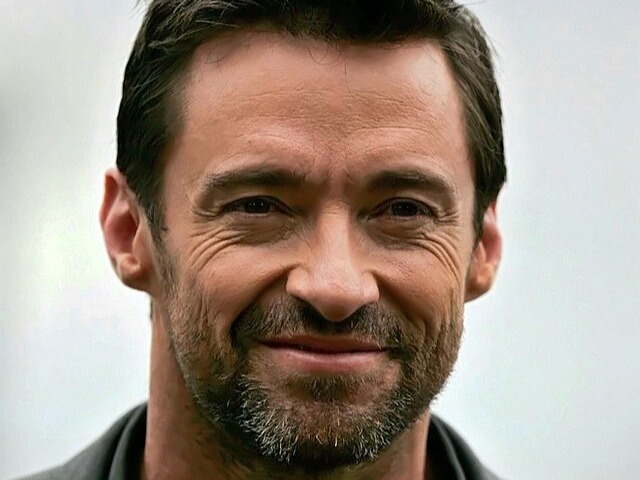
Hugh Jackman Recalls Singing Karaoke With Neil Diamond
Della Grant

3 McKinney Grandmas Share Wisdom at 'Grandma Stand'
Emmanuel Tredway

They Met at Dawn: How a Home Depot Ring Worked
Emmanuel Tredway
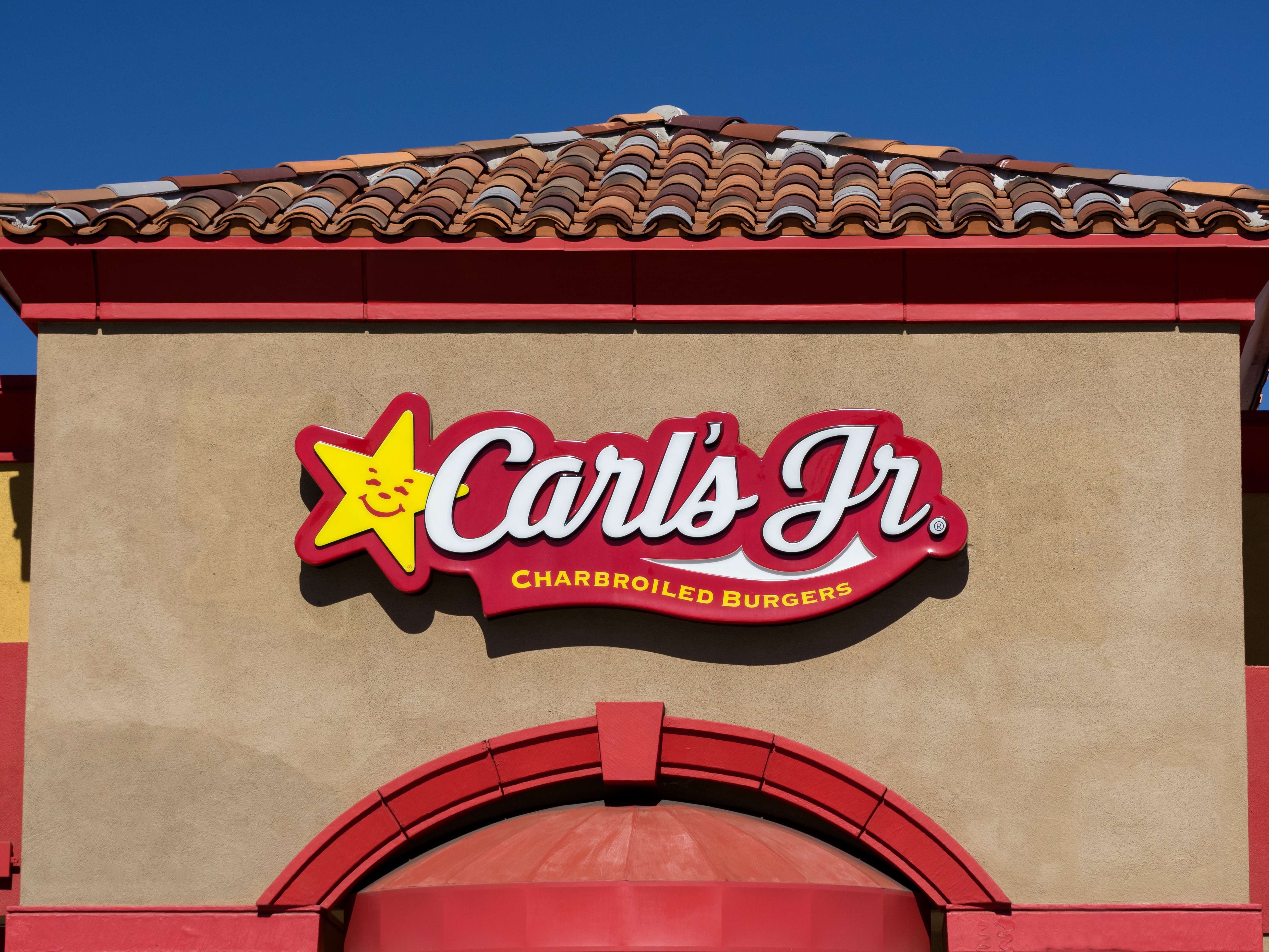
Woman Gives Birth in Carl's Jr. Parking Lot
Nikki Thrace
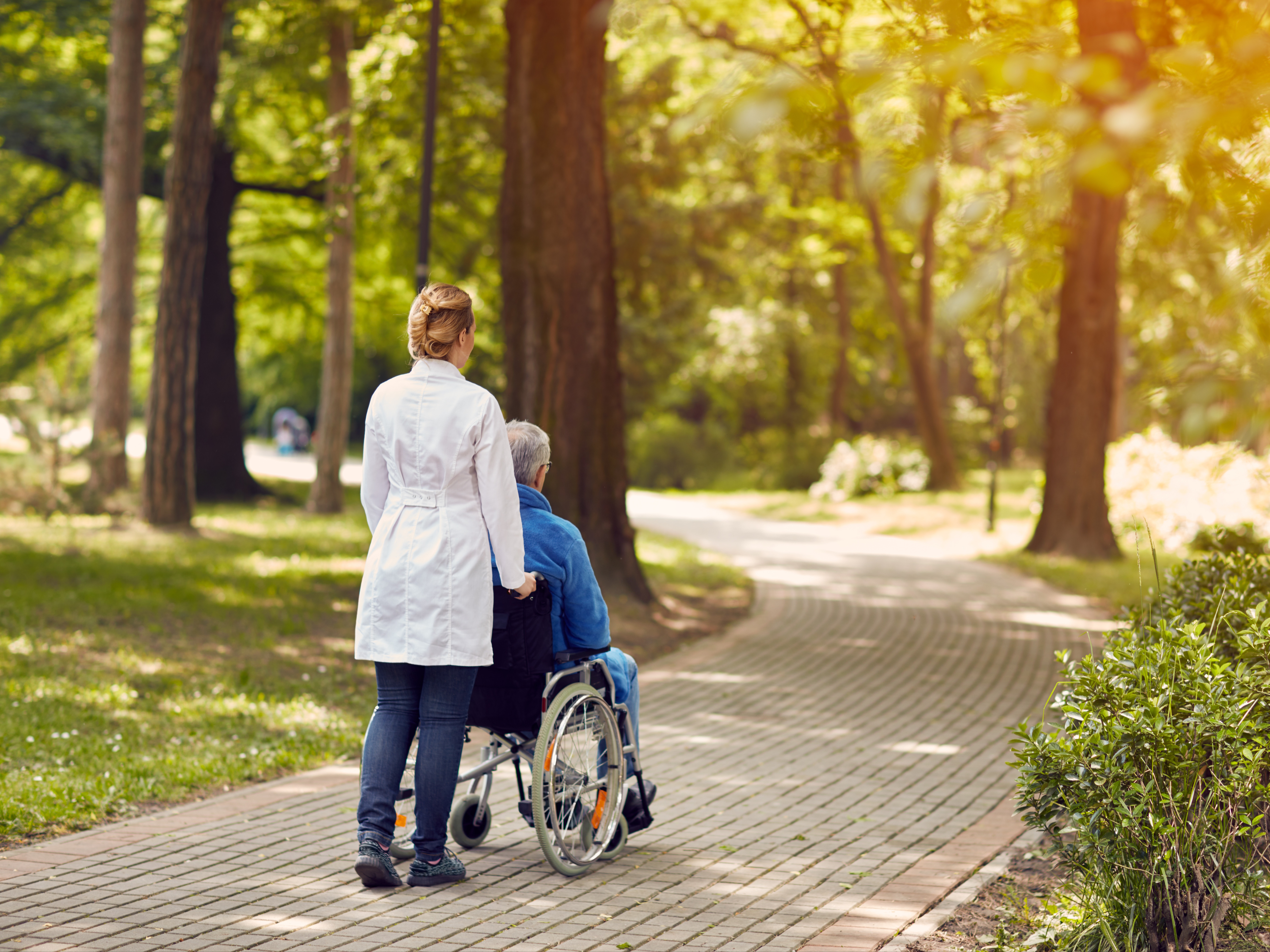
FL Dad Allegedly Shoots Son Over Lack of Visiting
Jessie Stone
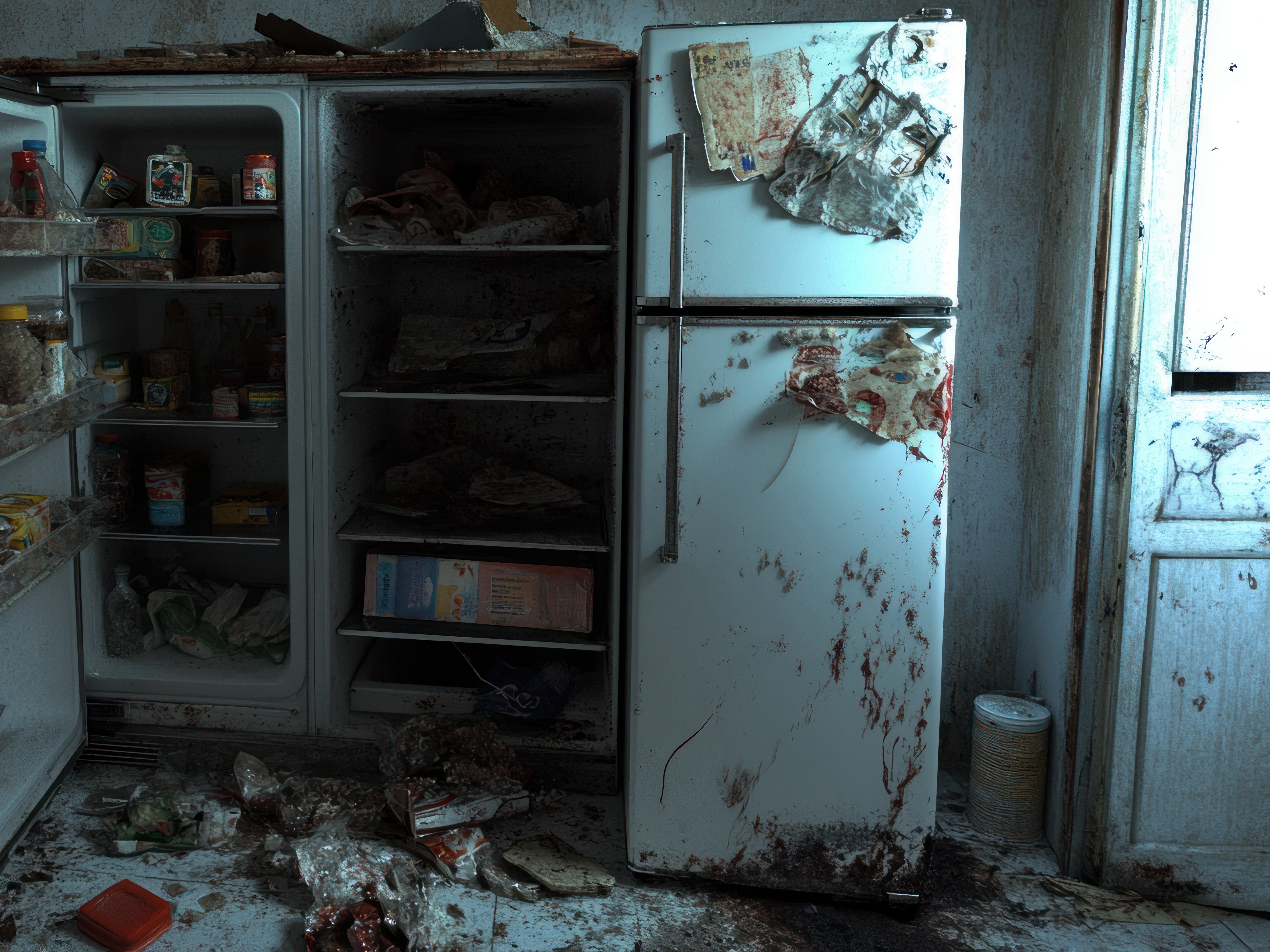
4 Dead Cats Found in Freezer
Nikki Thrace

Mother Stabbed While Changing Baby's Diaper at Macy's
Jessie Stone

U-Haul Explosion Rocks Lewiston: One Dead, Businesses Damaged
Emmanuel Tredway
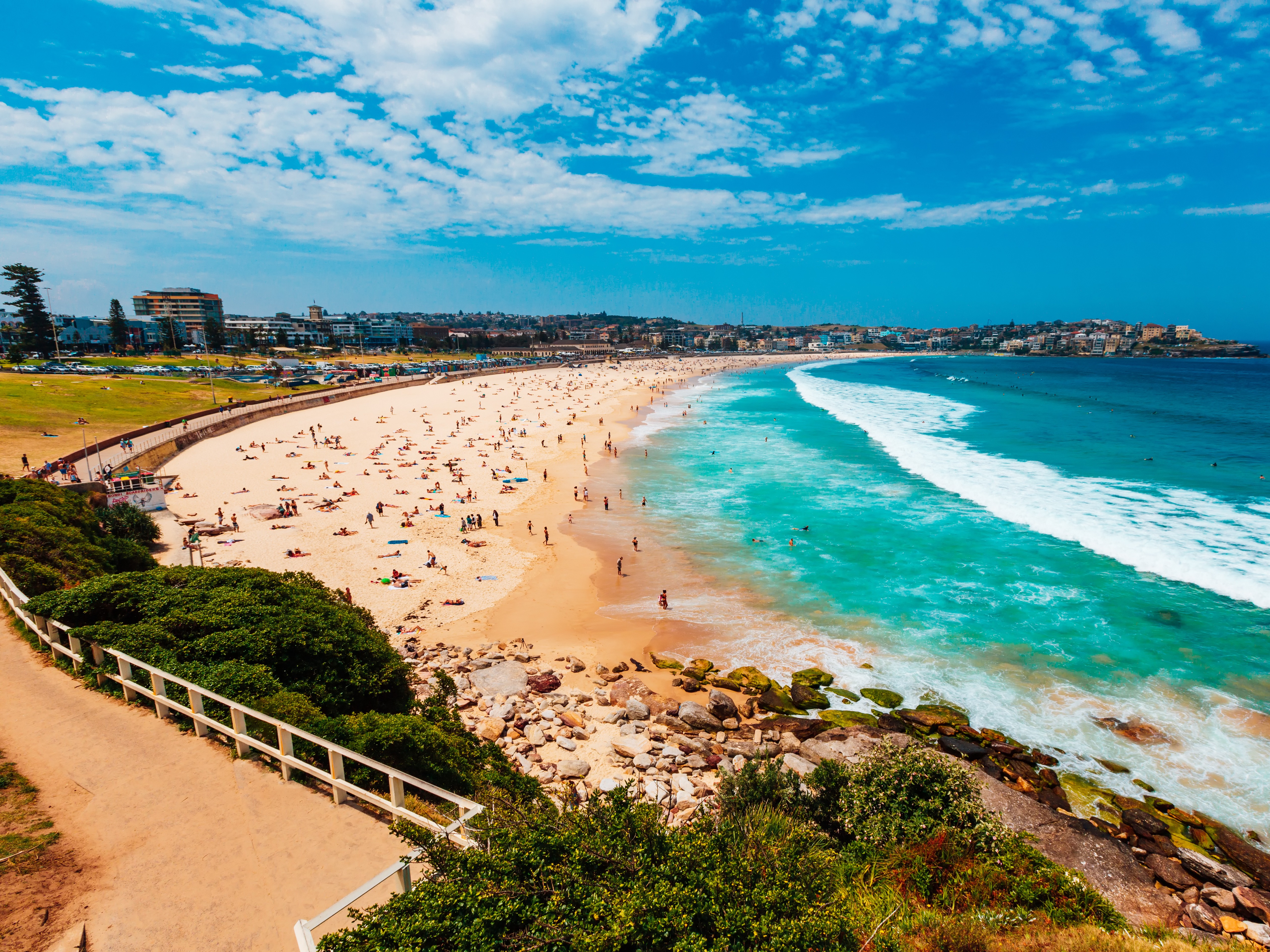
Hero Stopped Bondi Beach Gunman
Emmanuel Tredway
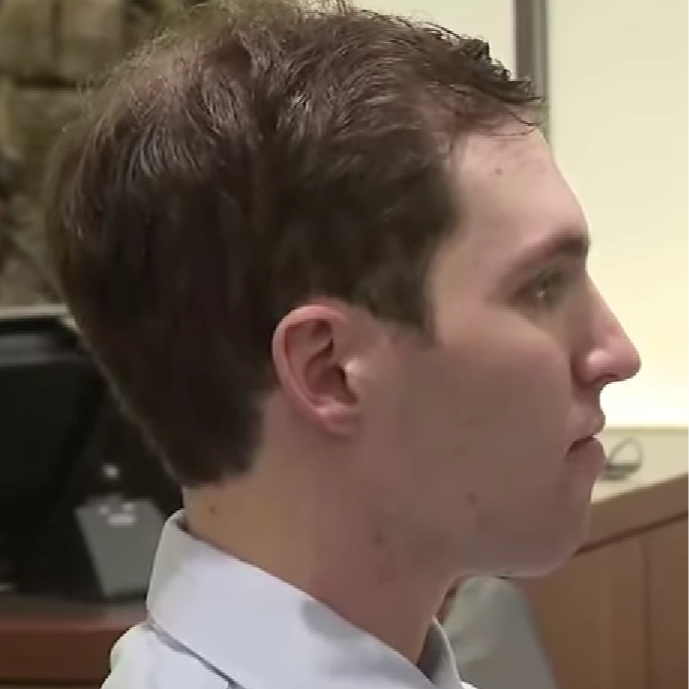
Accused Smirks as Death Penalty Looms in Kirk Case!
Emmanuel Tredway

Eight Teen Players Arrested Before Title Game
Emmanuel Tredway
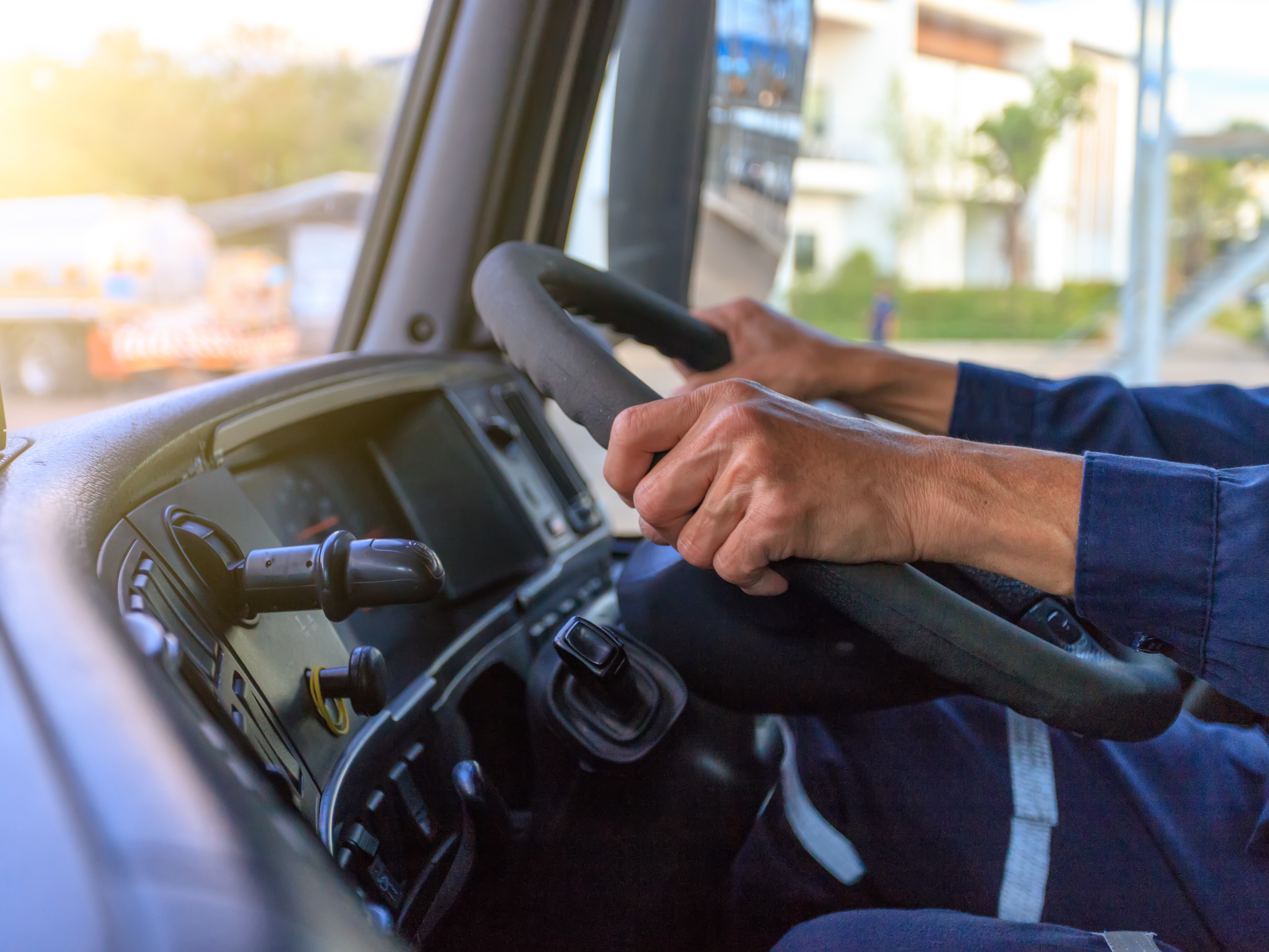
Ex-Wife, Lover Charged in Truck Driver Murder
Jessie Stone